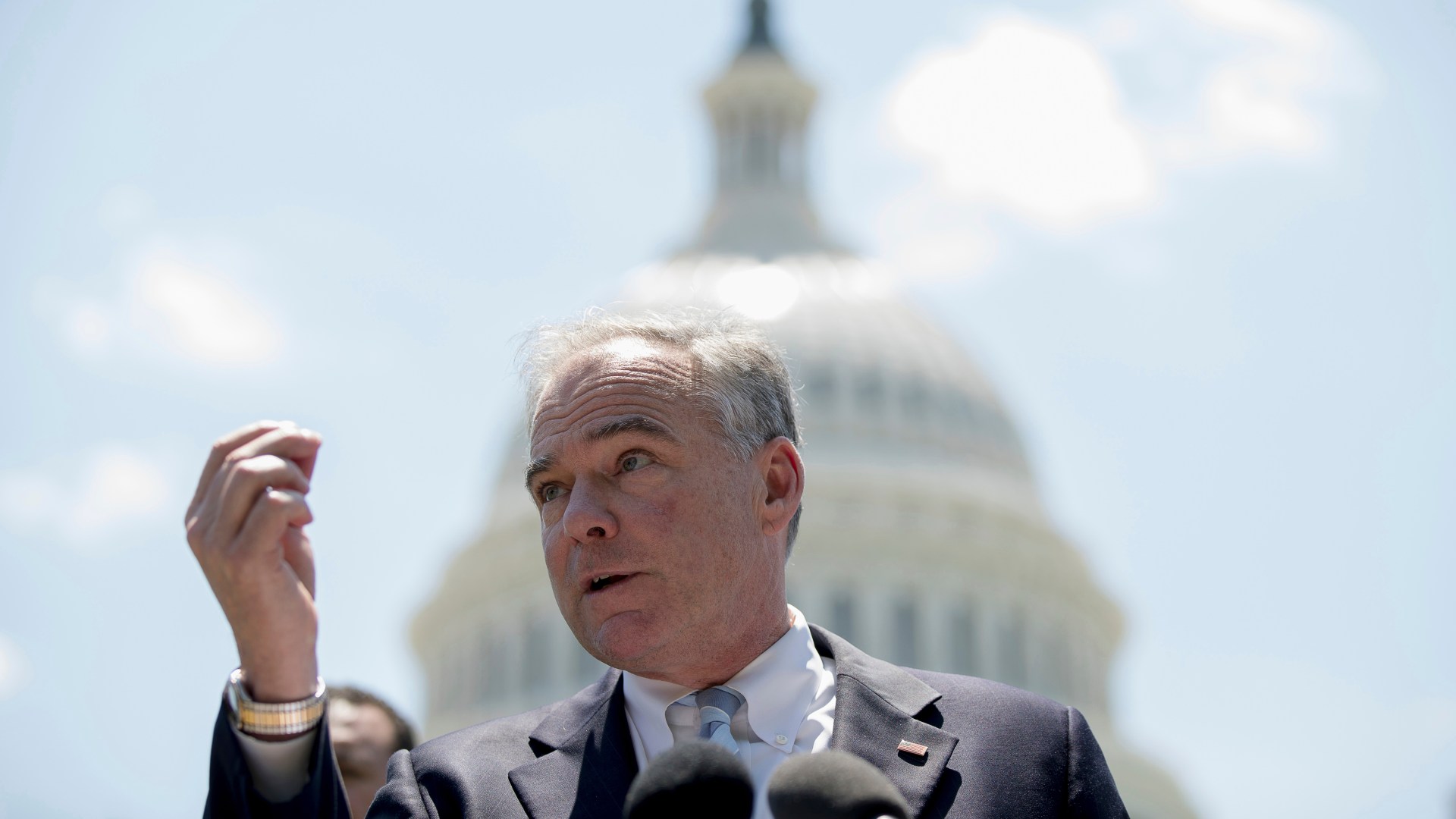During one of the Gospels’ most well-known episodes, Jesus prophesied in Matthew 25 that when the Son of Man comes, he will separate all people into two groups and tell the group on the right that they are blessed by his Father and shall inherit “the kingdom prepared for you since the creation of the world” (v. 34). Jesus explains that they are so blessed because of their kind acts for him, including “I was sick and you looked after me” (v. 36). When the righteous ask when they saw him sick and took care of him, he answers, “Whatever you did for one of the least of these brothers and sisters of mine, you did for me.” (v. 40).
Who are “the least of these” that Jesus spoke of? Since 1999, there has been an annual clinic at the Wise County, Virginia, fairgrounds, offering free medical care to uninsured people in the heart of Appalachia. I’ve volunteered at this clinic many times, and the dire need for medical care in my state and the generosity of people willing to help never cease to move me. The patients I met this year were no exception: a mother of four young kids who couldn’t remember the last time she had seen a doctor; a nurse who had lost her job to an opioid addiction sparked by a prescription for arthritis; a man who needed dental, medical, and vision services but had to pick only two because he was too sick to wait in the July sun for all three. The clinic provides life-changing care to thousands in need, but the most compassionate and wealthiest nation in the world should have a health care system that doesn’t force the least among us to wait in a fairground lot for days to see an affordable doctor.
In addition to the uninsured people from all over the country I met in Wise, I’ve met countless other Virginians who rely on Medicaid and the Affordable Care Act (ACA) to pay for health care. These people include those with pre-existing conditions, who could lose their health insurance without the ACA, and some of the more than 600,000 Virginia children who rely on Medicaid for cancer treatments, autism services, and a wide range of care that keeps them in school and helps them grow into independent adults.
I think all Christians—Democrats, Republicans, Independents—can agree that these are the people Christ told us to care for. Our disagreements do not lie in whether to care for them, but how. Following the failure of the most recent attempt to repeal the ACA, our focus should turn toward how we can develop simple solutions that improve care for all people.
We can find these solutions by bringing together different perspectives. When divisions and arguments erupted among the early Christians in Corinth, Paul wrote to them and compared a church with many members to a body with many parts:
Even so the body is not made up of one part but of many. Now if the foot should say, “Because I am not a hand, I do not belong to the body,” it would not for that reason stop being part of the body.And if the ear should say, “Because I am not an eye, I do not belong to the body,” it would not for that reason stop being part of the body.If the whole body were an eye, where would the sense of hearing be? If the whole body were an ear, where would the sense of smell be? But in fact God has placed the parts in the body, every one of them, just as he wanted them to be. If they were all one part, where would the body be? As it is, there are many parts, but one body. The eye cannot say to the hand, “I don’t need you!” And the head cannot say to the feet, “I don’t need you!” (1 Cor. 12:14–21)
As a body functions best with both eyes and ears, our country functions best when it welcomes the input of Democrats and Republicans in tackling a problem like health care. No one person or party has all the answers, so we cannot say to the other side “I don’t need you.” Let’s cooperate, then. The Senate Health, Education, Labor and Pensions Committee is finally holding public hearings with doctors, patients, health insurers, and others so lawmakers can factor their experiences into policy decisions. Let’s hear from the “least of these,” who must deal with the ramifications of the decisions made in Washington. In the end, our collaboration and openness to new ideas will produce solutions that do a better job at caring for those most in need.
Paul concludes his observations on a body with many members by writing “If one part suffers, every part suffers with it; if one part is honored, every part rejoices with it” (1 Cor. 12:26). If we balk at the idea of bipartisan compromise, we all will suffer. If we unite ourselves in the same purpose of taking care of our brothers and sisters, we can do what is right and rejoice together in our success.
Tim Kaine is a senator from Virginia, a former governor of Virginia, and was the Democratic nominee for vice president in the 2016 election.
Editor’s Note: "Speaking Out" is Christianity Today's guest opinion column and (unlike an editorial) does not necessarily represent the opinion of the magazine.









